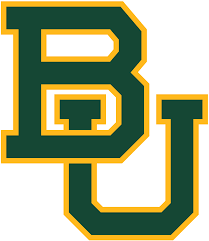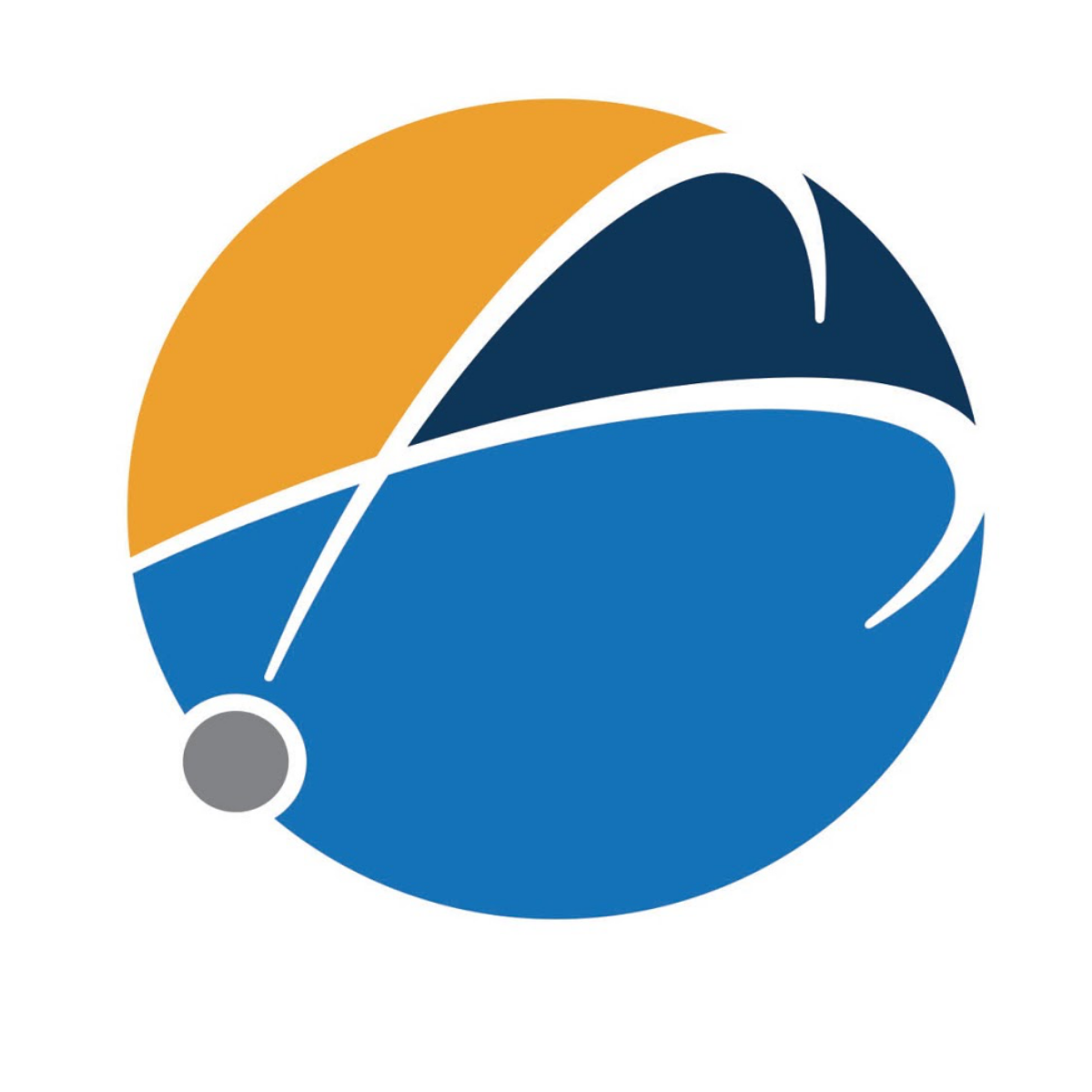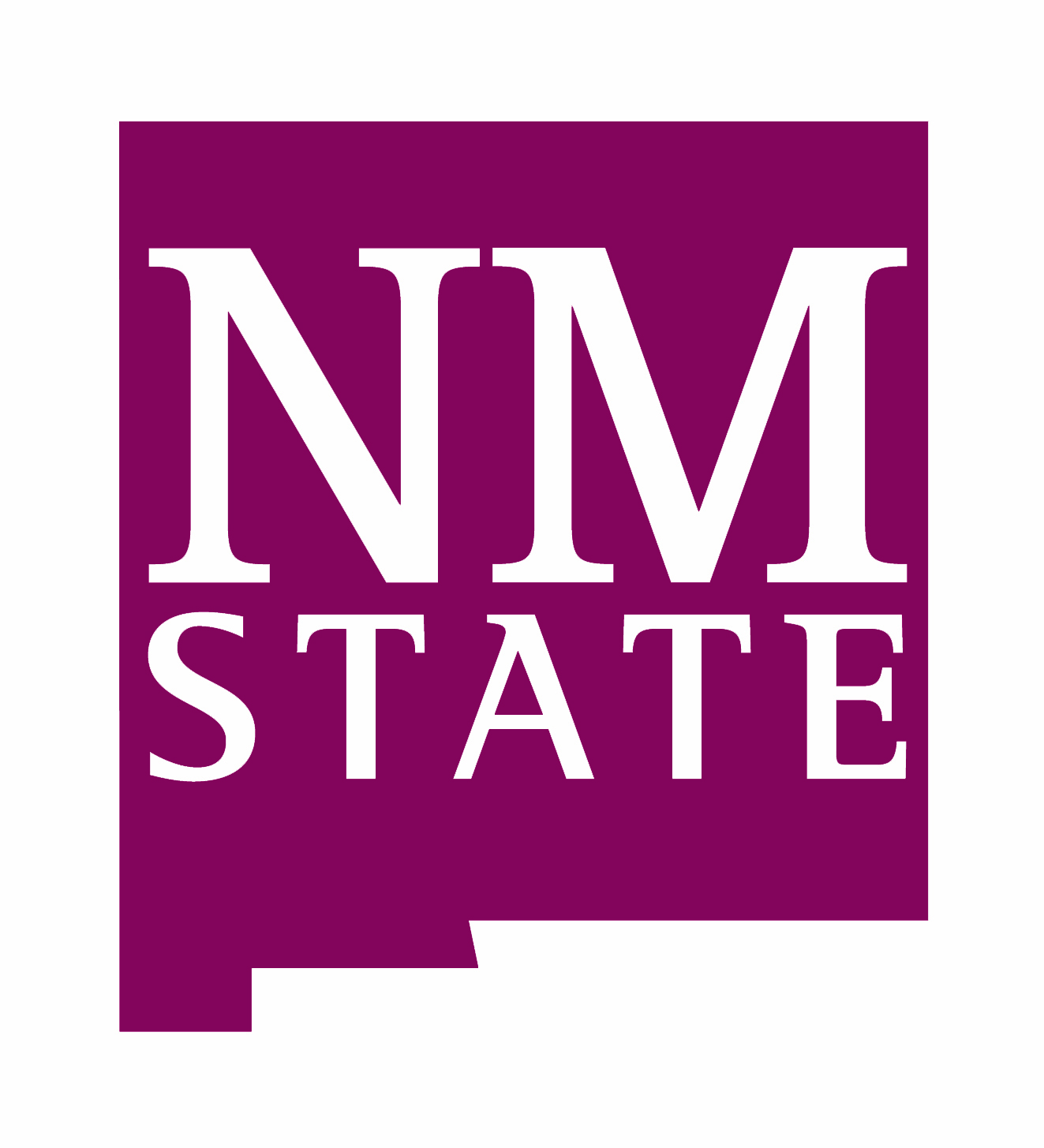
Overview
ICT is NMSU’s premier distance education Information Technology (IT) program accredited by the Higher Learning Commission of the North Central Association of Colleges and Schools. The Information and Communication Technology (ICT) curriculum covers the topics and concepts that are required to design, implement, and manage a variety of computer-based information systems.
Our Information and Communication Technology (ICT) program is proudly designated as a National Center of Academic Excellence in Cyber Defense (CAE-CD) by the National Security Agency (NSA). This prestigious designation recognizes our commitment to excellence in cybersecurity education and our role in contributing to the protection of the national information infrastructure.
The ICT program has three concentrations available: Cyber Defense, Network Technologies, and Software Development. Students complete a selection of core courses and four courses specific to their area of concentration.
The program is offered as a complete 4 year program Bachelor's degree program but is also has a 2 + 2 track designed to be an online two-year degree completion educational path to a baccalaureate degree. This 2 + 2 path is for graduates of computer and technology-related associate degree programs from community colleges or other two-year institutions. It is also a viable degree path for students who have completed the freshmen and sophomore years of computer or technology-related programs at four-year institutions including New Mexico State University. Students taking the distance ICT courses must have familiarity with and unrestricted access to a computer with a CD drive, a current web browser, a high speed connection to the Internet without restrictions, email capability, a sound card, and Microsoft Office. Technologies used for course delivery include WebCT, Quicktime videos, PDF files, and other commonly used formatting. Some software required for specific courses will be available at student discount. The NMSU Distance Education Homepage has more information on orientation, support, the use of library resources, and the use of the university bookstore for students in distance programs.
IT includes all aspects of managing and processing information on all layers of systems within an organization infrastructure (hardware, operating systems, applications, databases, storage, servers, telecommunication technologies and more). IT professionals need to stay abreast of new technology, and they must be very familiar with how to use operating systems and server software, including Linux, Docker, Apache, OpenSSL, Windows Server, Oracle, MySQL, Microsoft SQL Server and languages such as HTML, CSS, JavaScript, MySQL, Python and Java.
What You Will Need
- Windows 11 with 16GB RAM
- High speed internet
- Webcam/Microphone
- Microsoft Office
Students must complete all University degree requirements, which can see be seen with full details on the ICT Catalogs Page and College of Engineering degree requirements, found on the COE Catalog Page.
For the 2 + 2 completion program, entering students are expected to have completed two years of college-level work and satisfied the following requirements: The General Education requirements as well as Viewing a Wider World courses. Students must complete all university degree requirements, which include: General Education requirements, Viewing a Wider World requirements, and elective credits to total at least 120 credits with 48 credits in courses numbered 300 or above. Developmental coursework will not count towards the degree requirements and/or elective credits, but may be needed in order to take the necessary English and Mathematics coursework. The General Education requirements may be completed with transfer credits from previous institution.
Career Paths

Agricultural

City, County, State

Consumer Goods

Electronics

Healthcare

Research & Development
Job Placement Rate is high. The Median Starting Salary is $45,000 with under government and $60,000 under private.
- Information Specialist
- Systems Administrator
- IT business Manager
- Network Engineer
- Configuration Manager
- Technical Consultant
- Technology Support Specialist
- Systems Analyst
- Programmer Analyst
- Enterprise Databases Administrator









